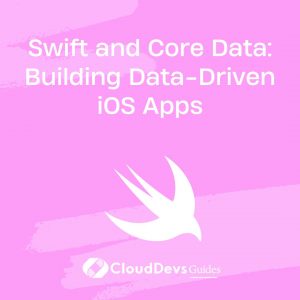How to declare a variable in Swift?
In Swift, you declare a variable using the `var` keyword followed by a name and an optional type annotation. Here’s the basic syntax:
```swift var variableName: DataType = initialValue ```
– `var`: This keyword indicates that you are declaring a variable, which means its value can be changed after it’s assigned.
– `variableName`: Replace this with the name you want to give to your variable. It should follow Swift’s naming conventions, which typically use camelCase (e.g., `myVariable`).
– `DataType`: Optionally, you can specify the data type of the variable. Swift is known for its type inference, which means it can often deduce the data type based on the initial value, so you can omit this if Swift can figure it out.
– `initialValue`: This is the initial value you want to assign to the variable. If you specify the data type, the value must be of that type. If you omit the data type, Swift will infer it from the value you provide.
Here are a few examples:
```swift var myVariable: Int = 42 // Declaring an integer variable with an initial value of 42 var name: String // Declaring a string variable without an initial value (Swift infers it's a String) ```
You can also change the value of a declared variable later in your code:
```swift myVariable = 10 // Changing the value of myVariable to 10 ```
In Swift, variables declared with `var` can be modified, making them suitable for situations where the value needs to change during the execution of your program.







